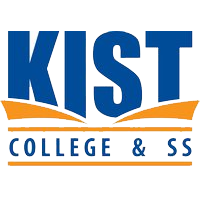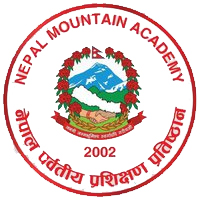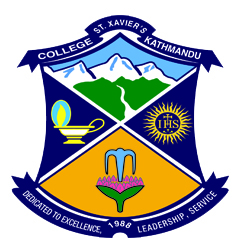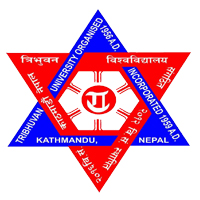Overview
MSc Physics at GoldenGate International College, Battisputali, Kathmandu
MSc Physics at GoldenGate International College, Battisputali–Old Baneshwor, Kathmandu, follows Tribhuvan University’s two-year, four-semester structure. The program advances theory, laboratory practice, and research methods.
Your study connects core papers with electives, seminars, and a dissertation so you can handle models, experiments, and scientific writing with care.
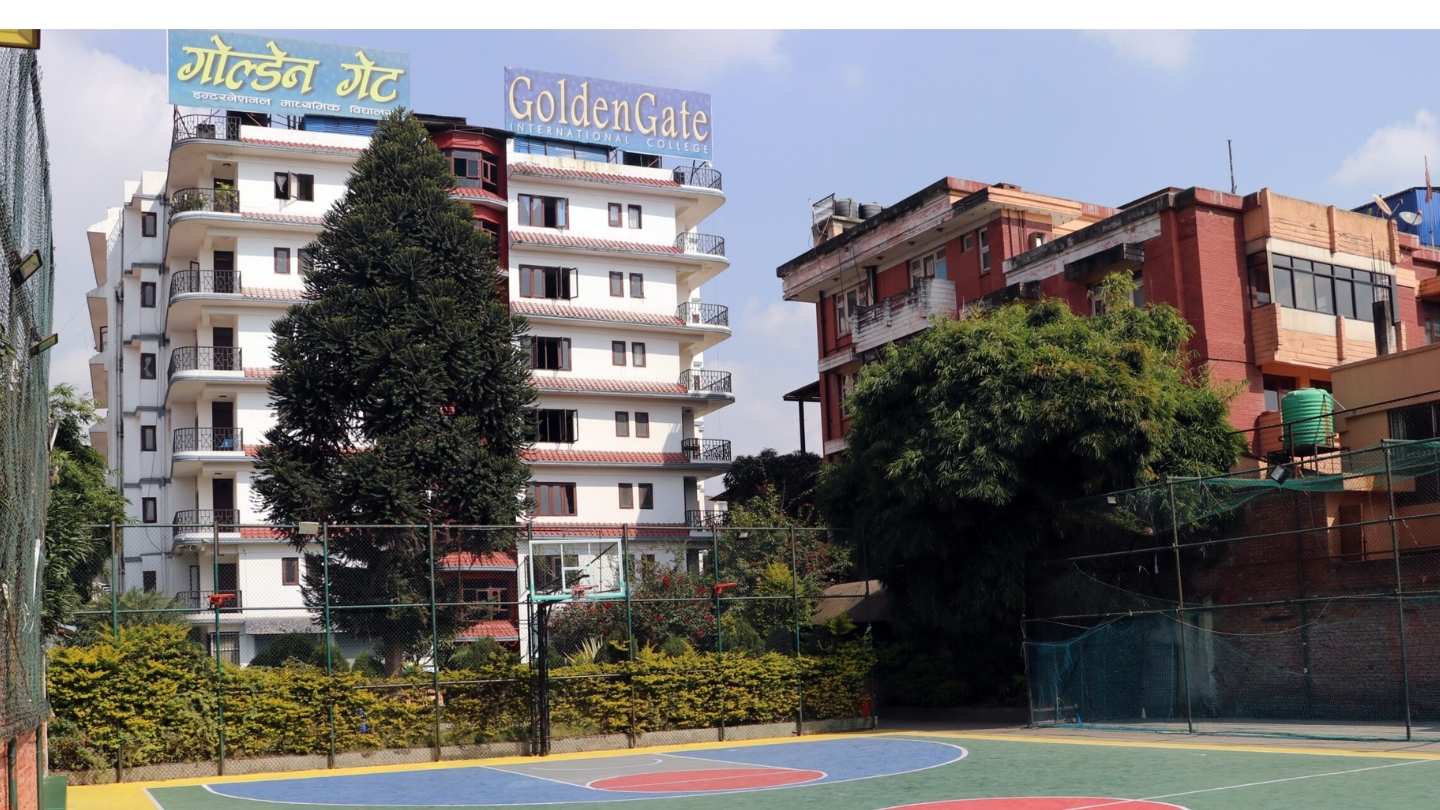
Highlights
Affiliation: Tribhuvan University
Duration: 2 years (4 semesters)
Academic Area: Classical mechanics, electromagnetism, quantum mechanics, statistical mechanics, mathematical physics, condensed matter, atomic and nuclear topics, computational methods, laboratory work, dissertation
Location: Battisputali, Kathmandu
Evaluation: Continuous assessment, practicals, viva, and TU semester examinations; dissertation submission and defense
Learning Support: Physics laboratories, computational sessions, library resources, reading circles, and faculty supervision
Curriculum Details
Early semesters rebuild the mathematical base and deepen core physics. Students study Lagrangian and Hamiltonian formalisms, Maxwell’s equations in field form, operator methods in quantum mechanics, ensembles in statistical mechanics, and advanced methods in differential equations and complex analysis.
Laboratory work covers precision measurements, electronics, optics, and data acquisition. Sessions stress uncertainty estimates, calibration, and clean plotting. Computational labs introduce numerical integration, root finding, fitting, and simple simulations that compare with theory.
Later semesters extend into condensed matter, atomic and molecular physics, nuclear structure, and selected electives offered in the TU framework. A seminar paper trains you to present a topic with references and respond to questions. The dissertation involves proposal approval, literature review, methods, results, and a defended conclusion with limits stated clearly.
Objectives
-
Conceptual Depth: Strengthen command of core theories and their mathematical tools.
-
Experimental Confidence: Plan, calibrate, and complete measurements with traceable records.
-
Computational Readiness: Use numerical methods to test models and interpret data.
-
Scientific Writing: Produce reports and a dissertation that others can follow and verify.
-
Professional Growth: Build habits that support research assistance, technical roles, and teaching.
Scope
Graduates contribute to teaching and lab supervision, technical service and calibration units, instrumentation support, data analysis, and research projects. The degree builds a bridge to MPhil/PhD routes when entry rules are met. Employers value careful records, safe practice, and clear, testable reasoning.
Learning Outcomes
-
Theory Integration: Connect mechanics, fields, and quantum/statistical frameworks to real problems.
-
Measurement Skill: Handle instruments, estimate uncertainty, and present error bars and fits.
-
Numerical Insight: Implement basic algorithms and compare simulated outputs with experiments.
-
Communication: Write and present results with correct units, figures, and references.
-
Ethics and Safety: Follow laboratory safety, responsible authorship, and data retention norms.
Skill Development Modules
-
Advanced Laboratory: Electronics, optics, thermal and magnetic measurements, spectroscopy basics.
-
Computational Physics: Numerical methods, scripting for visualization, and report-ready plots.
-
Scientific Documentation: Lab notebooks, code comments, figure captions, and citation styles.
-
Seminar Practice: Topic selection, slide design, timing, and Q&A handling.
-
Teaching Support: Problem-class planning, solution sets, and rubric-based grading where scheduled.
Teaching Methodology
Teaching uses lecture–discussion, problem sets, weekly practicals, computational labs, and seminars. Internal assessment includes quizzes, assignments, practical files, and presentations. Final evaluation follows Tribhuvan University’s semester examinations and dissertation defense.
Admission Requirements
Eligibility: Bachelor’s degree in Physics or a closely related field that meets Tribhuvan University’s threshold
Entrance: TU/department entrance for MSc Physics as announced for the intake
Selection: Merit ranking, counseling or interview where scheduled, and document verification
Documents: Bachelor transcripts, character certificate, recent photos, identification, and equivalence if applicable
Advisory: Applicants from other universities complete equivalence procedures before admission
Career Opportunities
Typical Roles: Physics lecturer/teacher (as per rules), laboratory supervisor, instrumentation trainee, calibration and testing support, data analyst, research assistant
Work Settings: Colleges and schools, laboratories, service and calibration units, research groups, technology firms, and public bodies
Progression: MPhil/PhD or specialized instrumentation and data courses where entry rules fit
Scholarships and Financial Aid
Categories: Merit by results, entrance performance, inclusion categories, community-school background, and recognized ECA/sports
Renewal: Continuation depends on academic performance and program rules
Tip: Keep transcripts and certificates handy; track scholarship notices and dissertation milestones
Why Choose This Course?
Balanced Training: Advanced theory, laboratory precision, and computation sit side by side.
Research Habit: Proposal writing, literature maps, and defended results sharpen academic practice.
Teaching Readiness: Problem-class support and clear writing serve classroom and lab roles.
Pathways: The degree supports technical employment and further study.
Conclusion
MSc Physics at GoldenGate International College helps you think in models, measure carefully, and write clearly. Students grow through sustained problem solving, well-kept notebooks, and a defended dissertation. Steady reading and punctual lab work lead to confident performance across four semesters.
FAQ
Is MSc Physics under Tribhuvan University?
Yes. The program follows Tribhuvan University’s semester structure.
How long is the degree?
Two years across four semesters.
Does admission include an entrance step?
Yes. Applicants sit the TU/department entrance for MSc Physics as announced.
Is a dissertation required?
Yes. Students complete a dissertation with defense.
What roles suit graduates?
Teaching and lab supervision, instrumentation and calibration, data analysis, and research assistance.


